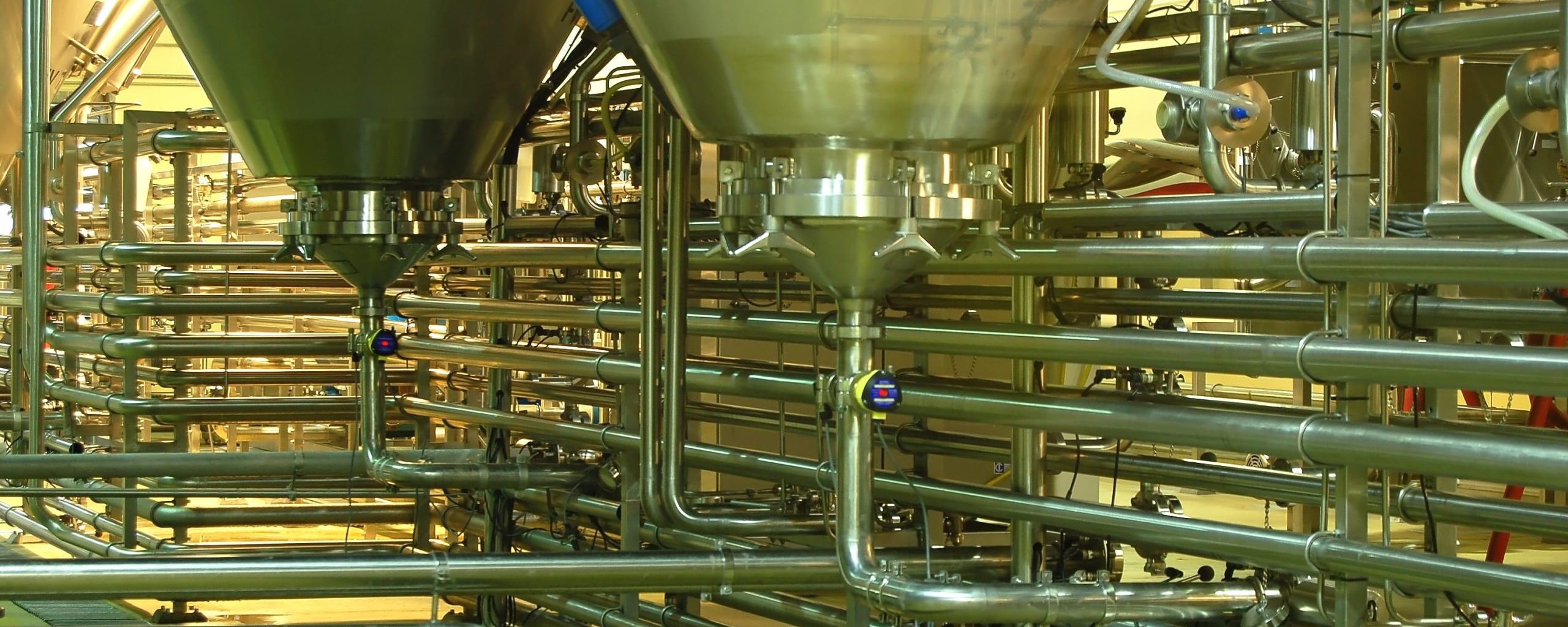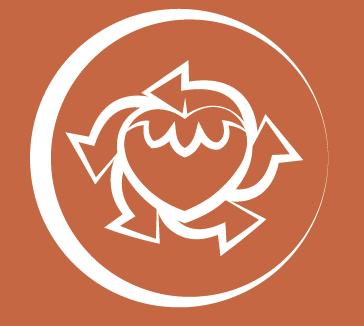Industrial research project and / or experimental development in the mark of the Bando PRISM-E Code: I1b12_Bando_progetti_ricerca_2018: “Support for collaborative R&D activities for the development of new sustainable technologies, new products and services” and approved with executive decision n. 593/2018 of the Head of the Regional Competitiveness Directorate of the regional system.
- Start: July 2020
- End: January 2023
- OBJECTIVE: use of sensors and advanced tools to monitor and manage food safety along the entire Supply chain, aimed at improve the management of raw materials and resources and the quality of the final products.
- PARTNERS & SKILLS: ARIA srl (Coordinator) – Industrial risks and analysis of the supply chain; REPLY – Sensor technology; LA GENTILE s.r.l. – Produzione di semilavorati a base di nocciola, case study. Research partners: POLITECNICO DI TORINO-DISAT and UNIVERSITÀ DEGLI STUDI DI TORINO-DISAFA
The project aims at extending the control of food safety from the single node of the supply chain of a food product to the entire supply chain, overcoming the concept of mere traceability.

The proposed approach addresses the following problems:
- To guarantee food safety in increasingly extended and globalized supply chains;
- To obtain an extended vision on the entire supply chain, allowing more timely interventions and the reduction of wastes;
- To deepen the logical and operational link between risk assessment and compensation measures, analyzing in detail their effectiveness (Case study: hazelnut supply chain, Piedmontese excellence).
Positive impact:
- Increase of the product safety for the final consumer: the real-time monitoring of the conditions of the raw materials will bring to a more tailored choice of the treatment measures for conservation and handling, with an improvement of the safety, quality and shelf-life of the final product.
- Reduction of food wastes: the preliminary knowledge of the state of the raw materials and the causes of their damages helps in not compromising the production and identifying alternative uses before the complete loss of quality of the raw material, with a view to the circular economy.
- Economic savings for the Companies in the supply chain: the improved process control entails waste reduction, streamlining of flows and improvement of the logistical efficiency, with the reduction of costs.
- Improvement of the reputation of the Companies in the supply chain, both towards partners and towards the final consumer.
